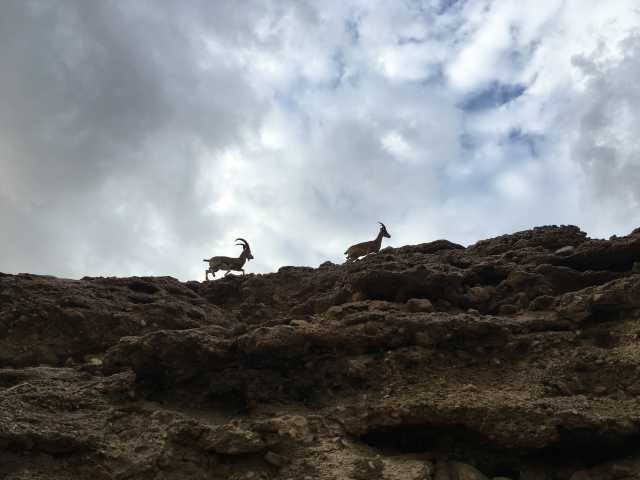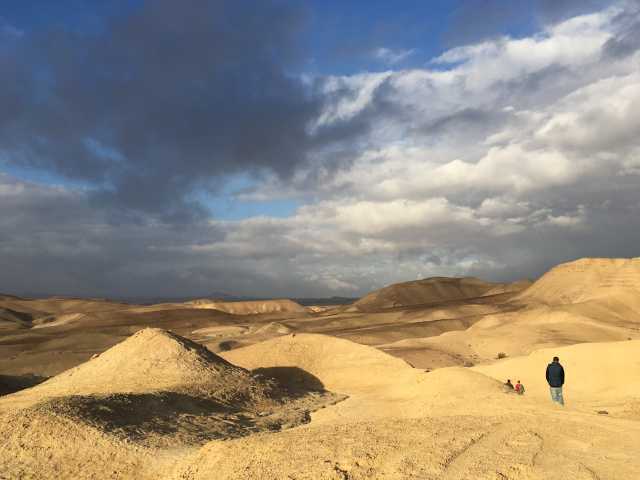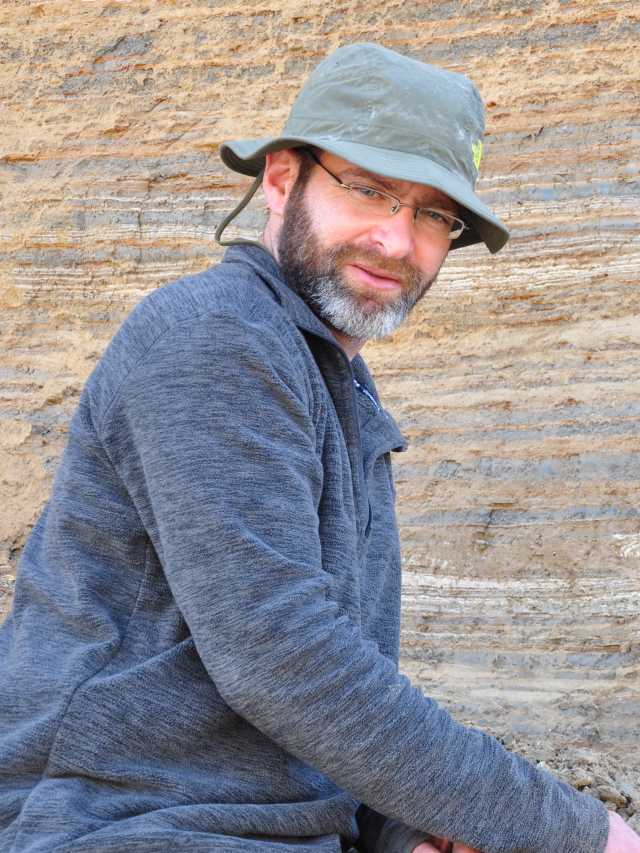
Human Involvement in Ancient Food Webs May Shed Light on Resolving
21st Century Environmental Challenges
Scientists from the University of Haifa are leading a cutting-edge study – merging archaeologyand biology – to investigate human-environment interaction in antiquity, and its effects on ancient
food-webs and the fragile Judean Desert ecosystem.
The unique topography and arid climate at the ancient village of Ein Gedi situated 400 meters below sea level, presents the perfect backdrop for reconstructing the ecological footprint of prehistoric peoples. “Clues from the past coupled with genetic advances and new genomic technologies can help us develop predictive models that could be extremely beneficial for the design and implementation of conservation strategies,” explains Dr.Nimrod Marom who is heading the DeadSea-Eco project. “We are applying bioarchaeological methods to uniquely preserved remains found in the area, which date as far back as the Holocene Epoch 10,000 years ago.”
Scientists are studying the remains of predators and their prey indigenous to the region – namely leopard, ibex, hyrax, hyena and fox. “Prehistoric leopard traps and walled enclosures point to an intensity of human involvement in the desert landscape in different periods,” adds Marom.

“Our goal is to decipher how human meddling in food webs in antiquity might have caused the degradation of local pastoral resources, which led to the reliance of human communities on external supplies of livestock animals and wood.”The DeadSea-Eco project is being funded by the European Research Council through a major grant of 1.5 million euros. The study involves the expertise of a multidisciplinary team, comprised of archaeologists, paleontologist, paleogeneticists and archaeozoologists from the University of Haifa, University of Kiel, the Israel Antiquities Authority, Hebrew University of Jerusalem, Tel Aviv University, and the Weizmann Institute of Science.“
The DeadSea-Eco project is setting the infrastructure for the advancement of archaeozoology at the University of Haifa.

Dr. Nimrod Marom is an archaeozoologist and member of the Leon Ricanati Institute of Maritime Civilizations and the Leon H. Charney School of Marine Sciences. He received his BSc at the Hebrew University and did his graduate studies at the University of Haifa under Prof. Guy Bar-Oz of the Zinman Institute of Archaeology, a prominent Israeli archaeologist specializing in archaeozoology. Marom completed his postdoc at the University of Chicago.Photo: Dr. Ignacio A. Lazagabaster

